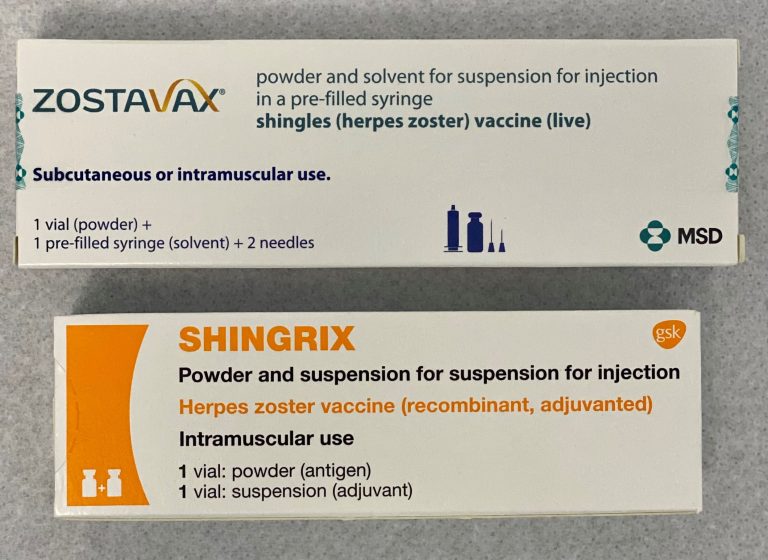GlaxoSmithKline plc (LON:GSK) and Sanofi announced today that a single booster dose of their recombinant adjuvanted COVID-19 vaccine candidate delivered consistently strong immune responses.
· Positive booster data show that neutralising antibodies increased across all primary vaccines received (mRNA or adenovirus) in a 9- to 43-fold range and for all age groups tested, with a good safety and tolerability profile
· Phase III trial continues to accrue the number of events needed for analysis as populations around the world are increasingly exposed to COVID-19 variants; results expected in Q1 2022
· Companies intend to file booster data with regulatory authorities following the phase III results
Preliminary results from the VAT0002 clinical trial investigating the safety and immunogenicity of the booster showed neutralising antibodies increased 9- to 43-fold regardless of the primary vaccine received (AstraZeneca, Johnson & Johnson, Moderna, Pfizer/BioNTech) and for all age groups tested. The booster was well tolerated, with a safety profile similar to currently approved COVID-19 vaccines. This is the most comprehensive booster trial to date to explore boosting across different vaccine technologies used for primary vaccination.
The ongoing global phase III trial, VAT0008, includes regular reviews by an independent Data Safety Monitoring Board (DSMB). During its last review, the DSMB identified no safety concerns and recommended the trial to continue into early 2022 to accrue more data.
Regulatory authorities require phase III efficacy to be demonstrated in naïve populations, i.e. participants who have never been infected by the COVID-19 virus (seronegative). The phase III trial recruited most participants in Q3 2021, coinciding with a significant increase in the number of people infected by the COVID-19 virus globally due to the Delta variant. To provide the necessary data to regulatory authorities for the booster vaccine submission, the trial will continue to accrue the number of events needed for analysis, with results expected in Q1 2022.
About the booster trial (VAT0002)
The VAT0002 extension trial is the most comprehensive heterologous booster trial conducted to date. In the first cohort of this trial, the four most widely approved COVID-19 primary vaccines using mRNA and adenovirus vector technologies were boosted with the Sanofi/GSK protein-based adjuvanted vaccine candidate after full primary vaccination to assess its safety profile and immunogenicity.
Participants in the first cohort (n=521) had previously been vaccinated with the approved dosing schedule of an authorised COVID-19 mRNA vaccine (Moderna, Pfizer/BioNTech) or adenovirus vector vaccine (AstraZeneca, Johnson & Johnson). This preliminary analysis includes data from trial participants who received one 5µg booster dose of the adjuvanted recombinant protein vaccine targeting the D614 parent virus, between four and ten months after a complete primary vaccination schedule.
The trial is ongoing across sites in multiple countries, including the US, France, and the UK. To address the emergence of COVID-19 variants of concern, additional trial cohorts are assessing the boosting potential of monovalent and bivalent vaccine formulations also containing the Beta (B.1.351) variant. More data from this trial are expected during the first half of 2022. The Omicron variant was not circulating during the trial. Using sera from booster trial participants, testing is underway to establish the ability of the vaccine candidate to cross-neutralize against Omicron.
About the phase III efficacy trial (VAT0008)
The primary endpoint of this ongoing phase III, randomised, double-blind, placebo-controlled trial is the prevention of symptomatic COVID-19 in SARS-CoV-2 naïve adults, with secondary endpoints of preventing severe COVID-19 disease and infection. Stage one of the trial is assessing the efficacy of a vaccine formulation containing the spike protein against the original D614 (parent) virus in more than 10,000 participants >18 years of age, randomised to receive two doses of 10µg vaccine or placebo at day one and day 22 across sites in the US, Asia, Africa and Latin America. A second stage in the trial is evaluating a second bivalent formulation, adding the spike protein of the B.1.351 (Beta) variant.
These efforts are supported by federal funds from the Biomedical Advanced Research and Development Authority, part of the office of the Assistant Secretary for Preparedness and Response at the US Department of Health and Human Services in collaboration with the US Department of Defense Joint Program Executive Office for Chemical, Biological, Radiological and Nuclear Defense under Contract # W15QKN-16-9-1002.
“These preliminary data show we have a strong booster candidate, whatever primary vaccine you have received,” said Thomas Triomphe, Executive Vice President, Sanofi Pasteur. “This is consistent with our efforts to provide relevant responses to evolving public health needs. While pursuing a phase III trial is a challenge in a quickly shifting pandemic environment, we look forward to seeing the results to support submissions of our booster vaccine as quickly as possible.”
Roger Connor, President of GlaxoSmithKline Vaccines, added: “As the pandemic threat continues with the current dominant Delta variant and Omicron rapidly gaining ground, booster vaccines will continue to be needed to help protect people over time. The initial booster data are promising, and we await the phase III results to determine the next steps on making protein-based adjuvanted COVID-19 vaccines available.”








































